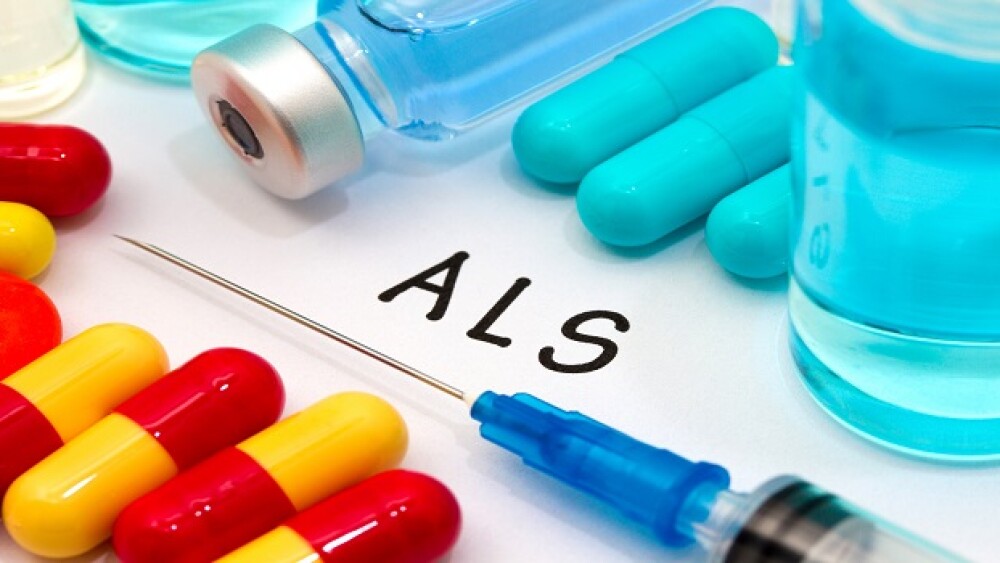The first company has provided a potential out-of-pocket price for patients who seek access through the recently passed federal Right-to-Try legislation and it’s not cheap.
The first company has provided a potential out-of-pocket price for patients who seek access through the recently passed federal Right-to-Try legislation and it’s not cheap. BrainStorm Cell Therapeutics could charge more than $300,000 for its Phase III experimental amyotrophic lateral sclerosis therapy NurOwn.
ALS patients were some of the most vocal supporters of the Right-to-Try legislation. Following the legislation having been signed into law, BrainStorm issued a press release noting that it has received numerous Right-to-Try requests from patients for its Phase III experimental amyotrophic lateral sclerosis therapy NurOwn. In an interview with Bloomberg, Chaim Lebovits, chief executive officer of BrainStorm, said his company was exploring the option of the new law with a small for-profit enterprise up for consideration. Lebovits said the company would consider including doctors who participated in the company’s clinical trials to seek access to NurOwn for patients who are not part of the trial process. But, the company will not give away doses of its ALS treatment. The cost could be expensive for patients and it is unlikely that any insurance company would cover the cost of an experimental drug.
Lebovits told Bloomberg that there has to be an incentive for BrainStorm to manufacture and provide additional doses of NurOwn to non-trial patients. In his interview with Bloomberg, he noted that companies are not “nongovernmental organizations that help provide care to impoverished countries.”
If BrainStorm moves ahead with its “semi-commercial” exercise to sell its experimental treatment to terminally ill patients, Lebovits said the company would seek some kind of pricing support for some patients. The company will attempt to work with foundations and other charitable organizations to provide financial assistance for one patient who cannot afford the high cost for every two who can pony up the money out-of-pocket, Bloomberg reported.
Pricing for NurOwn under the Right-to-Try program would be comparable to approved CAR-T treatments for cancer, which have a price of between $375,000 and $475,000.
Similar to CAR-T therapies, BrainStorm’s NurOwn uses a patient’s own cells which have been engineered outside the body, to produce and secrete factors known to promote neuronal survival. NurOwn has the potential to be the first ALS treatment to improve patient functioning as a regenerative medicine. In 2016 NurOwn hit the primary objective, as well as multiple secondary objectives in a Phase II ALS trial. A majority of trial participants had slowing of progression of the disease. However, the company noted that repeated dosing of the bespoke treatment was warranted.
While BrainStorm appears to be looking at the Right-to-Try as a potential revenue generator, there still remain a number of questions about the law. The law does not compel companies to participate, nor does it include information on who would pay for these experimental treatments. Also, there is nothing in the law about who would administer the patient with the experimental medication or how they would then be monitored to see if there is a response. During BIO earlier this month a panel discussion was held on the legal implications of giving patients early access to drugs outside the strictly monitored confines of clinical trials.
Lebovits told Bloomberg that there is a controversy about the law – including that a patient could go bankrupt to acquire an experimental drug that may not help him or her at all. He said patients who seek NurOwn “would need to be fully informed about the risks before trying it.” But, he added that the decision should belong to that patient.





